The announcement for the National Book Award for Translated Literature is right around the corner; the 72nd ceremony is due to broadcast live on November 17. On the shortlist are five varied and individual titles: Elisa Shua Dusapin’s Winter in Sokcho, translated from the French by Aneesa Abba Higgins; Ge Fei’s Peach Blossom Paradise, translated from the Chinese by Canaan Morse; Benjamín Labatut’s When We Cease to Understand the World, translated from the Spanish by Adrian Nathan West; Nona Fernández’s The Twilight Zone, translated from the Spanish by Natasha Wimmer; and Samar Yazbek’s Planet of Clay, translated from the Arabic by Leri Price. Whom will the judges smile upon? Read more for our take.
A friend, not too long ago, once told me that he feels guilty whenever he reads fiction. Just seems a bit indulgent, he said. Yes, I admitted in turn, when pleasure and beauty mix, it feels incredibly indulgent. It was early autumn, dawn was a glorious thing, and we were talking about the first novels we loved—ones I remember for their intelligent presences, their human authority, but most of all, for the distinct, almost secret, pleasure they brought. The indulgence of excellent fiction feels luxurious precisely because of this intimacy: a sense of understanding passed via that most hidden method, of mind to mind. It seems to me that when pleasure and beauty mix, we allow the precocious lies of fiction to move through us, and become truths.
The five titles that make up the finalists for this award are all, in their own respect, remarkable emblems of fiction’s capability to create truth through duplicity. They achieve this through vivid, personal recollections—as in Planet of Clay—or through intensive research—as in When We Cease to Understand the World—or perhaps in what Borges described as “magic, in which every lucid and determined detail is a prophecy”—something I suspect to be at work in The Twilight Zone. The worlds for which these works contribute their imagination are various, wonderful, horrible, and mercilessly true; it makes me think something else about this triangulation of pleasure, beauty, and truth—that it is in the conciliation of the latter two where the incomparable pleasure of fiction is found.
Beauty is not reliably something one can stand to look at for long, but it always leaves something searing. Samar Yazbek’s Planet of Clay—the most lyrical and poetic of the five selections—is gorgeously written, and its translation by Leri Price is a definitive work of art, but it feels sick to talk about the pleasures in reading this story of Rima, a young, mute girl in Syria, as she loses one solid fact of her life after another amidst the atrocities and miseries of war. Instead, Yazbek’s prose is a holding thrall, channelling the child’s voice which springs between stark lucidity and dappled abstraction. Elegantly hanging in the balance between the wounded reality and the salve of her reveries, Rima draws an excruciating impression of the pain she experiences and witnesses, intensifying the horror with an unsparing visuality: “I am afraid of the meanings of things when they turn into words, as it is hard for me to understand bare words without turning them into pictures.” The coarse red of blood, the acrid taste of poison gas, the dusty pallor of a face in death—the words of Planet of Clay are both pictures of unflinching witness, and figures of breathtaking reverie. READ MORE…



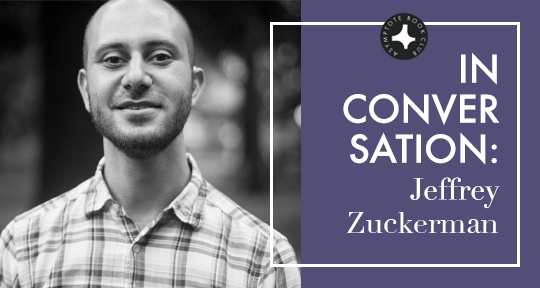
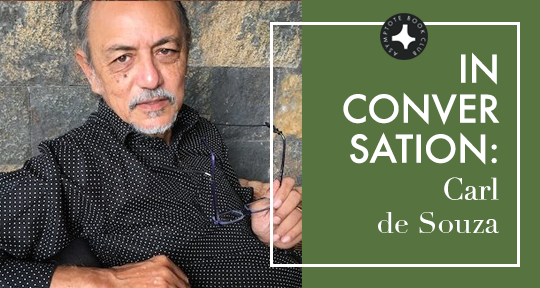
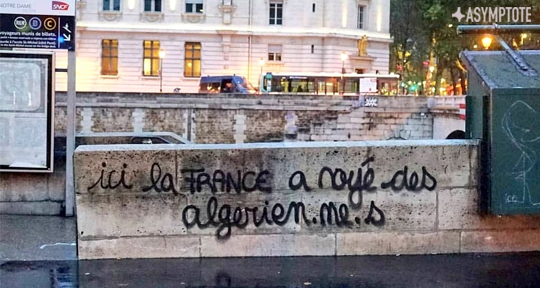
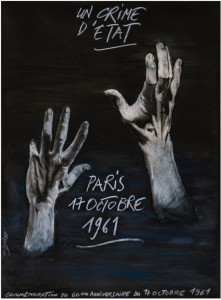

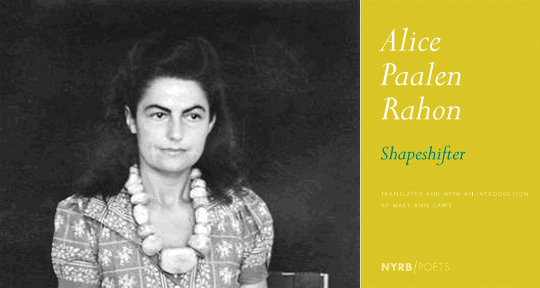
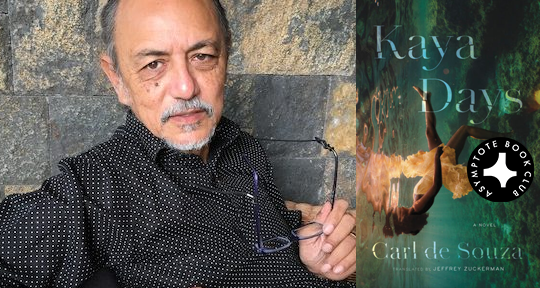

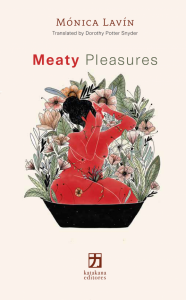

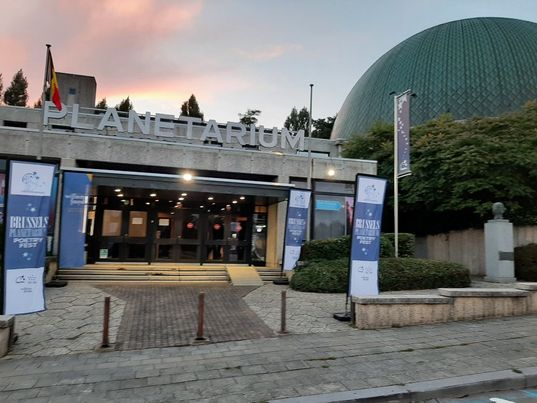

What’s New in Translation: August 2021
New work this month from Lebanon and India!
The speed by which text travels is both a great fortune and a conundrum of our present days. As information and knowledge are transmitted in unthinkable immediacy, our capacity for receiving and comprehending worldly events is continuously challenged and reconstituted. It is, then, a great privilege to be able to sit down with a book that coherently and absorbingly sorts through the things that have happened. This month, we bring you two works that deal with the events of history with both clarity and intimacy. One a compelling, diaristic account of the devastating Beirut explosion of last year, and one a sensitive, sensual novel that delves into a woman’s life as she carries the trauma of Indian Partition. Read on to find out more.
Beirut 2020: Diary of the Collapse by Charif Majdalani, translated from French by Ruth Diver, Other Press, 2021
Review by Alex Tan, Assistant Editor
There’s a peculiar whiplash that comes from seeing the words “social distancing” in a newly published book, even if—as in the case of Charif Majdalani’s Beirut 2020: Diary of the Collapse—the reader is primed from the outset to anticipate an account of the pandemic’s devastations. For anyone to claim the discernment of hindsight feels all too premature—wrong, even, when there isn’t yet an aftermath to speak from.
But Majdalani’s testimony of disintegration, a compelling mélange of memoir and historical reckoning in Ruth Diver’s clear-eyed English translation, contains no such pretension. In the collective memory of 2020 as experienced by those in Beirut, Lebanon, the COVID-19 pandemic serves merely as stage lighting. It casts its eerie glow on the far deeper fractures within a country riven by “untrammelled liberalism” and “the endemic corruption of the ruling classes.”
Majdalani is great at conjuring an atmosphere of unease, the sense that something is about to give. And something, indeed, does; on August 4, 2020, a massive explosion of ammonium nitrate at the Port of Beirut shattered the lives of hundreds of thousands of people. A whole city collapsed, Majdalani repeatedly emphasises, in all of five seconds.
That cataclysmic event structures the diary’s chronology. Regardless of how much one knows of Lebanon’s troubled past, the succession of dates gathers an ominous velocity, hurtling toward its doomed end. Yet the text’s desultory form, delivering in poignant fragments day by elastic day, hour by ordinary hour, preserves an essential uncertainty—perhaps even a hope that the future might yet be otherwise.
Like the diary-writer, we intimate that the centre cannot hold, but cannot pinpoint exactly where or how. It is customary, in Lebanon, for things to be falling apart. Majdalani directs paranoia at opaque machinations first designated as mechanisms of “chance,” and later diagnosed as the “excessive factionalism” of a “caste of oligarchs in power.” Elsewhere, he christens them “warlords.” The two are practically synonymous in the book’s moral universe. Indeed, Beirut 2020’s lexicon frequently relies, for figures of powerlessness and governmental conspiracy, on a pantheon of supernatural beings. Soothsayers, Homeric gods, djinn, and ghosts make cameos in its metaphorical phantasmagoria. In the face of the indifferent quasi-divine, Lebanon’s lesser inhabitants can only speculate endlessly about the “shameless lies and pantomimes” produced with impunity. READ MORE…
Contributors:- Alex Tan
, - Fairuza Hanun
; Languages: - French
, - Hindi
; Places: - India
, - Lebanon
; Writers: - Charif Majdalani
, - Geetanjali Shree
; Tags: - Beirut 2020 explosion
, - diary
, - disaster
, - Indian Partition
, - motherhood
, - recovery
, - social commentary
, - trauma
, - womanhood